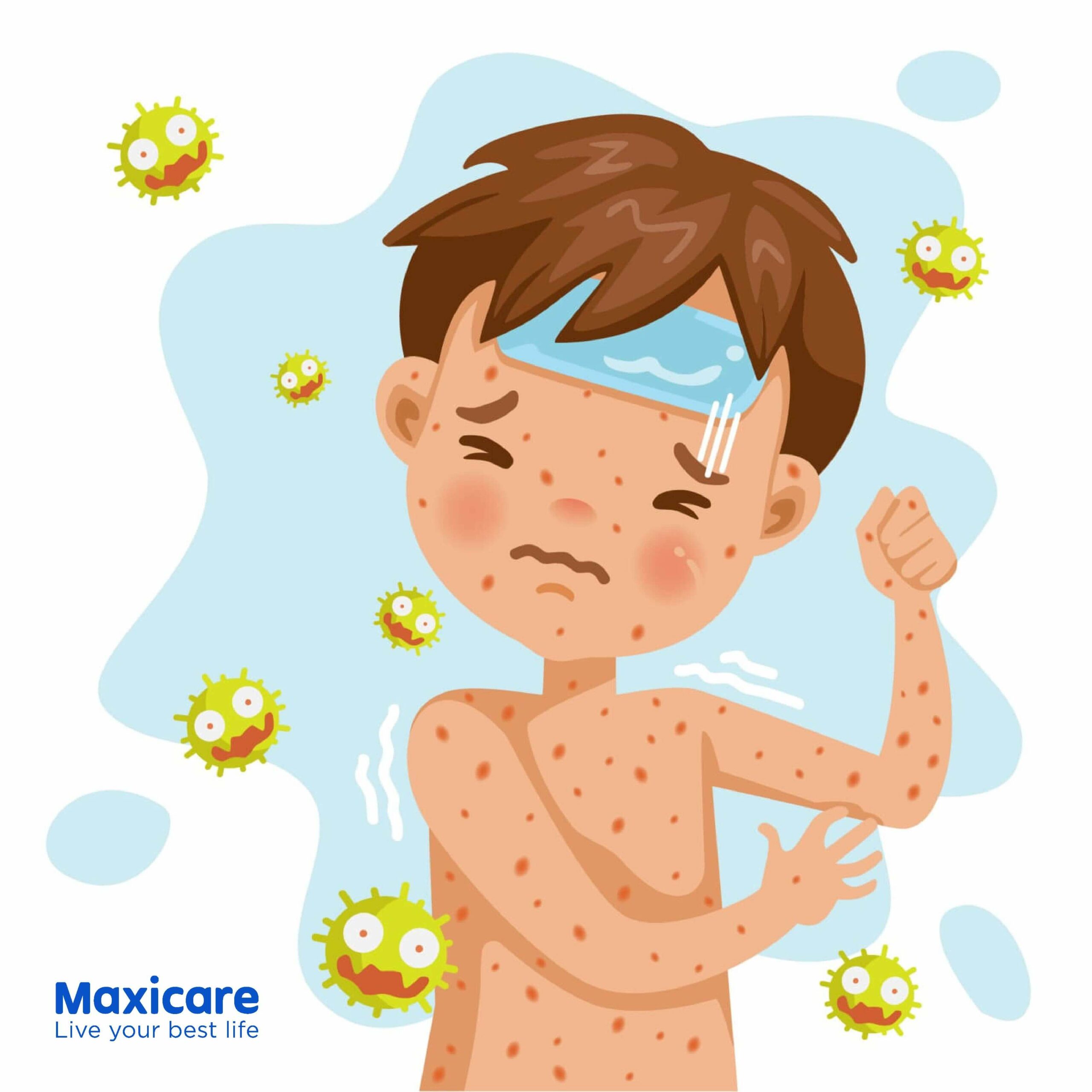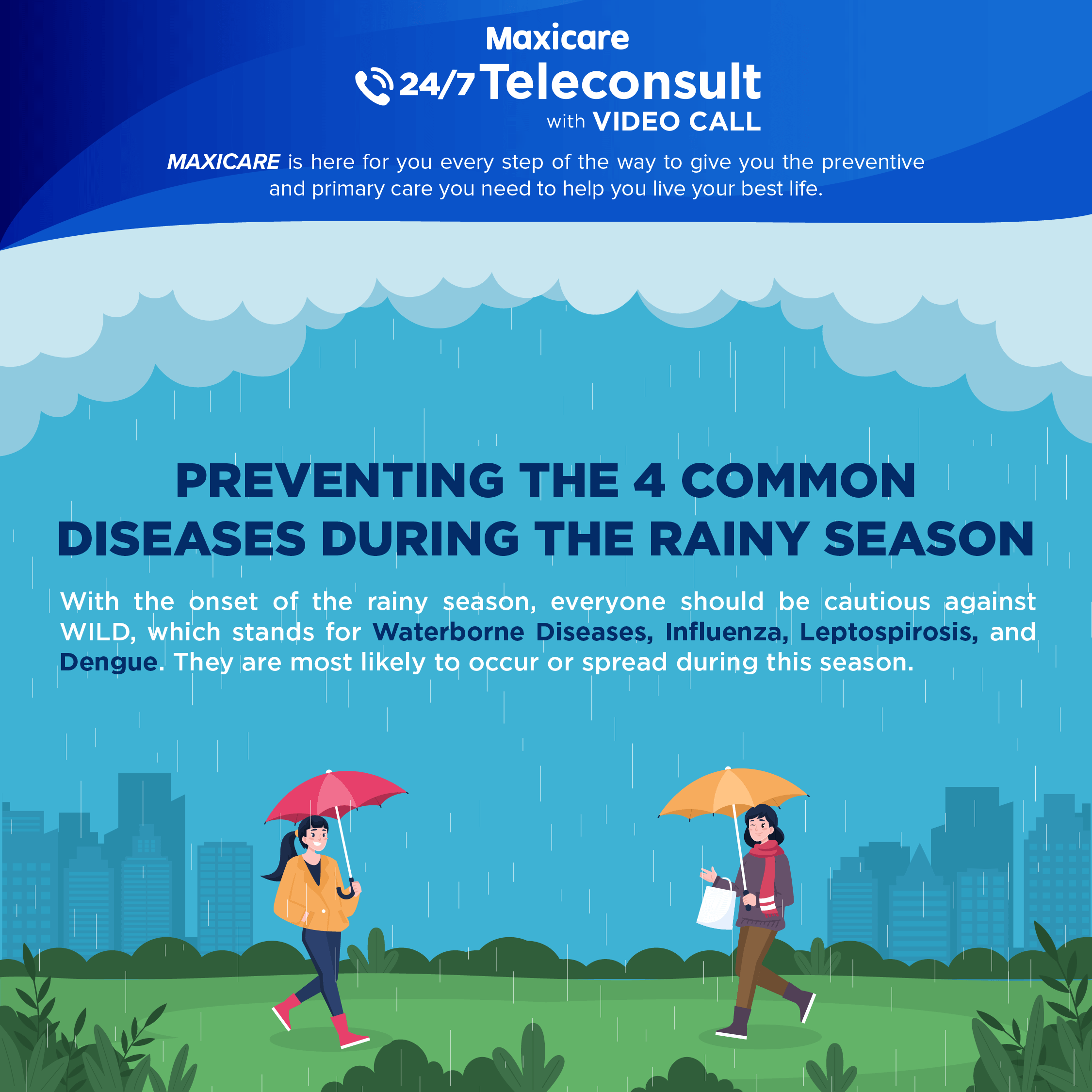
Chickenpox, also known as varicella, is a highly contagious disease caused by the varicella-zoster virus (VZV). The classic symptom of chickenpox is a rash that turns into itchy, fluid-filled blisters that eventually turn into scabs. The rash first appears on the chest, back, and face, and then spreads over the entire body.
Transmission
The virus can be spread from person to person by direct contact, or inhalation of aerosols from the vesicular fluid of skin lesions of acute varicella or zoster.
Anyone who has not had chickenpox or gotten the chickenpox vaccine can get the disease. Chickenpox illness usually lasts about four to seven days.
A person with chickenpox is considered contagious beginning one to two days before rash onset until all the chickenpox lesions have crusted (scabbed).
Signs & Symptoms
- Fluid-filled blisters
- Fever
- Sore throat
- Loss of appetite
- Headache
People who may get a serious case of chickenpox and may be at high risk for complications include babies, adolescents, adults, and people with weakened immune systems.
Serious complications from chickenpox include:
- Bacterial infections of the skin
- Pneumonia
- Swelling of the brain
- Bleeding problems
- Sepsis
Prevention
The best way to prevent chickenpox is to get the chickenpox vaccine. Everyone—including children, adolescents, and adults—should get two doses of chickenpox vaccine if they have never had chickenpox or were never vaccinated.
Treatment
To help relieve the itchiness and discomfort of chickenpox:
- Use cool wet compresses or give baths in lukewarm water every 3–4 hours
- Pat (don’t rub) the body dry.
To prevent scratching:
Put mittens or gloves on your child’s hands to avoid scratching during sleep.
- Trim fingernails and keep them clean.
If your child is experiencing signs and symptoms of chickenpox, consult a doctor via Maxicare’s 24/7 Teleconsult Hotline, the Doctor Anywhere App, or Maxicare Primary Care Clinic (PCC). You may also request HomeCare for lab tests and diagnostic procedures.
References:
https://www.cdc.gov/chickenpox/about/complications.html














